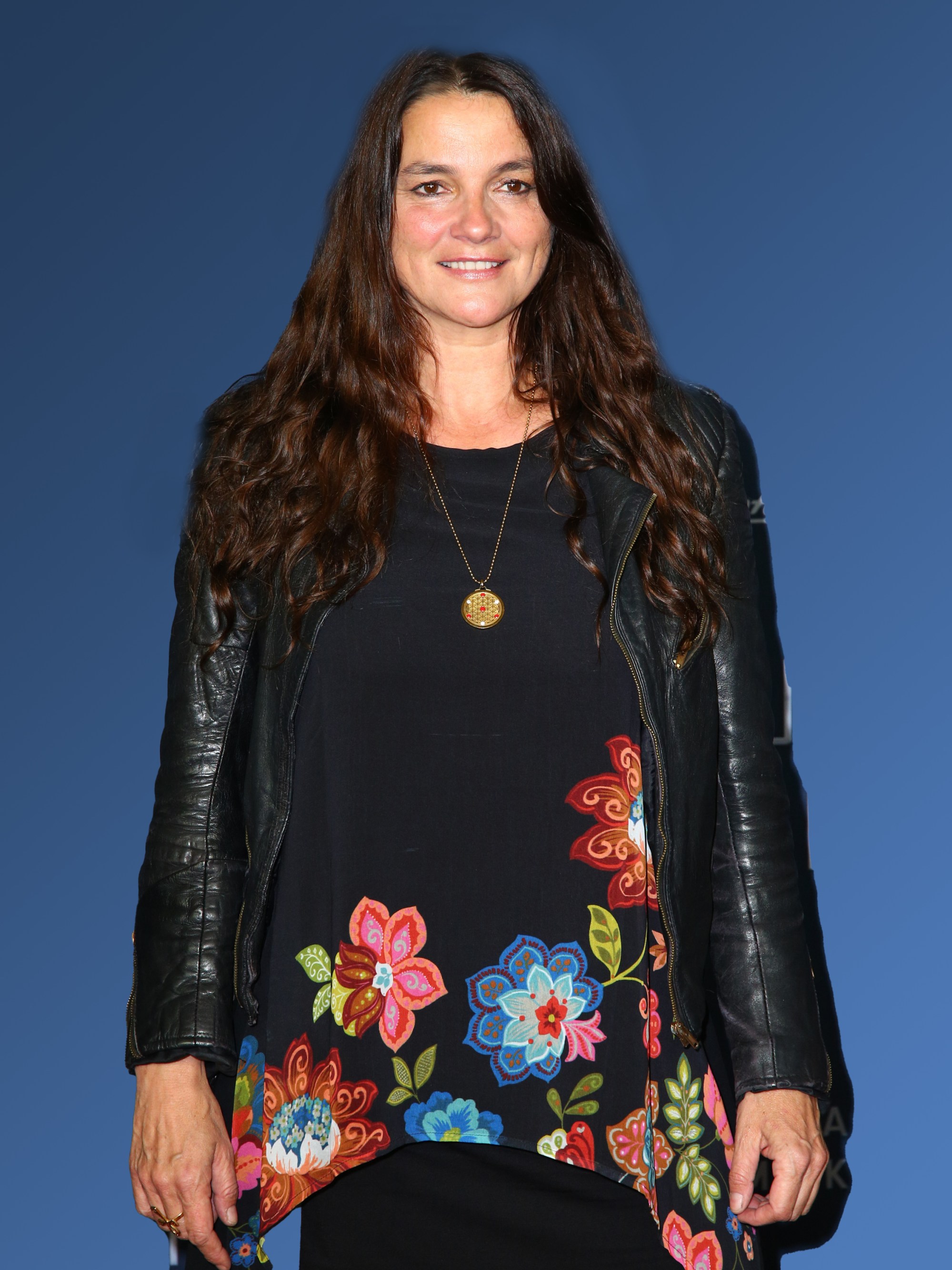
- Industry
Katja von Garnier: Angels with Iron in Their Jaws
A loud scream from a far-end corner of the Beverly Hilton ballroom. A young woman jumps out of her chair, raises her arms in dance moves. Her yells are contagious, the whole table joins her in a jubilant standing ovation.
It’s the 2005 Golden Globes. Seconds after the announcement of the five nominations in the category Best Supporting Actress in a TV movie: “And the Golden Globes goes to … Anjelica Huston”.
The young woman who reacted so enthusiastically was Katja von Garnier. She had directed Anjelica Huston in the HBO film Iron Jawed Angels, her first work in Hollywood. She had told the HFPA, “I put my heart, all my energy and two years of my life into it”. Now was the moment of triumph or rejection from Hollywood. It was a triumph. And she celebrated it.
Katja von Garnier had gained early recognition in her native Germany. Her films Making Up (1993) and Bandits (1997), both lensed from a woman’s point of view, were enormous successes with critics and at the box office.
HBO, willing to embark on a risky gamble by entrusting a costly, star-studded period project to a newcomer, green-lighted her US directing debut with Iron Jawed Angels.
All pretty remarkable for a newcomer and a foreigner, given that the self-described Land of the Free denied the right to vote to half the population.
The film closely follows the historic events of the Suffragettes as they fought to end this discrimination against women. The title refers to a popular expression of the time. The Suffragettes were seen as liberating angels who had God on their side and iron in their jaws, a venerated boxing term that means not easy to knock out.
The central character is Alice Paul (played by Hilary Swank). With her friend Lucy Burns (played by Frances O’Connor) she challenges the older guard of actively reform-minded women by intensifying the urgency of their demands. She is even ready to go to prison for their cause.
US-President Woodrow Wilson (played by Bob Gunton) refuses to give in, even as the previously ineffective Congressional Union for Woman Suffrage escalates the action. It starts with street protests. 33 picketing women are arrested, beaten, and terrorized. Hunger strikes follow.
Finally, on August 26, 1920, almost one and a half centuries after the creation of the country, Congress and the state legislators added the 19th Amendment to the Constitution. The women’s determination had prevailed. Their right to vote became law.
Today, a century after the turbulent events depicted in the film, it might be hard for women to imagine not being able to cast their ballots. The film is a reminder that it had not always been this way.
To recreate the torrid societal struggles within America while the country was fighting abroad in World War I is the great achievement of Garnier’s film. With remarkable contributions by Vera Farmiga, as the immigrant activist Ruza Wenclawska, Julia Ormond as the influential Inez Milholland who led the Woman Suffrage Procession, and Golden Globe winner Anjelica Huston as Carrie Chapman Catt, the founder of the League of Women.
The HFPA recognized Iron Jawed Angels with three Golden Globe nominations, including one for Best Movie Made for Television.

